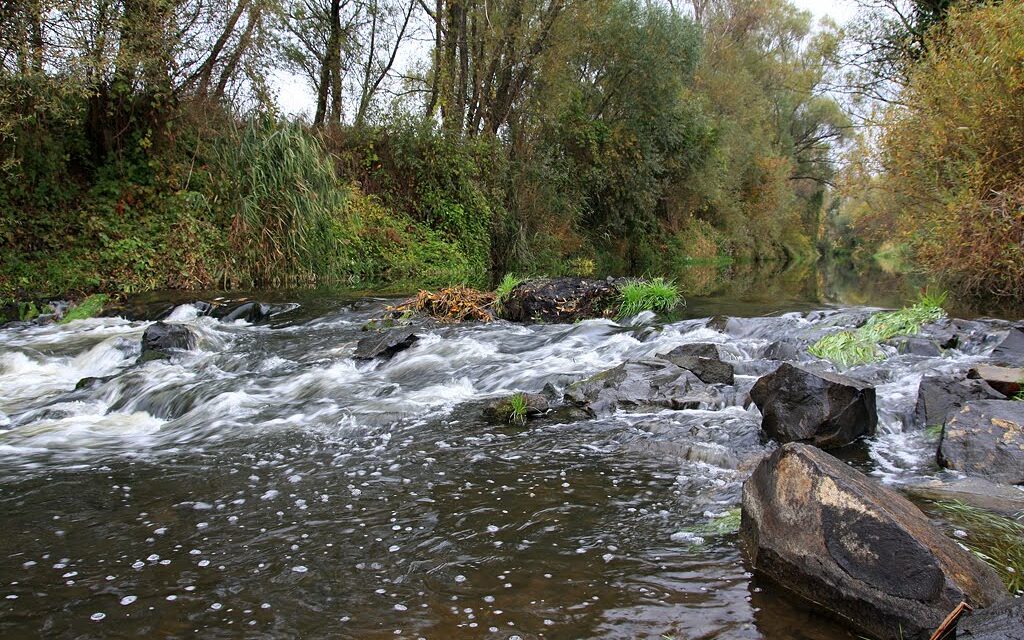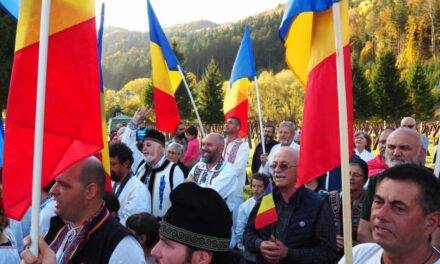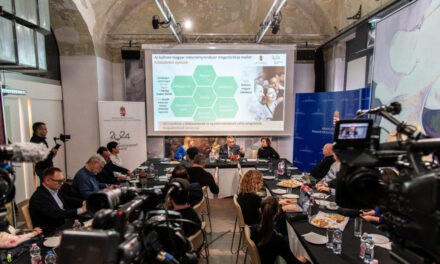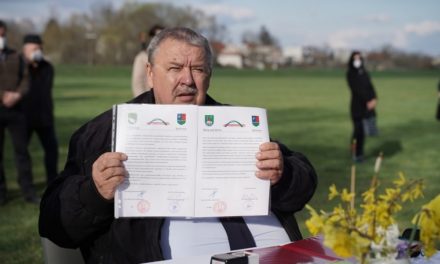It may be remembered that when the borders of Csonka-Hungary were drawn in Trianon, a certain French Prime Minister Georges Clemenceau insisted that wherever possible a navigable river should be the natural border. He thought of Ipoly as such, even though it could be a field for white water paddlers at most. The cultured West!
In any case, a lot of water has flowed down the Ipoly since then, and just today the Ipoly bridge being built between Ipolyhídvég and Drégelypalánk was called a significant investment for the future at the festive foundation stone laying ceremony. The speakers of the ceremony organized on the Dégelypalánk side on April 20 saw the Ipoly bridges under construction as one of the pillars of strengthening the relations between the two nations.
Building a bridge means more than building a traffic connection. Here, on the two banks of the Ipoly, we are building a bridge between two countries, two nations, two villages. The bridge connects us, connects our hearts, it is based on love and respect," began Mihály Balla, the region's parliamentary representative, in his greeting. He added: the bridge contributes to mutual acquaintance and the formation of friendships.
"The bridge also means that the region's economy will strengthen and tourism will develop," concluded the member of parliament.
Gábor Grendel , the vice-president of the Slovak parliament, noted in his short speech: Hungarian-Slovak relations are the best on a historical level. "Bridges are built where obstacles have to be crossed. We are working with all our hearts to build such real and symbolic bridges between the people and the two nations," he said at the ceremony.
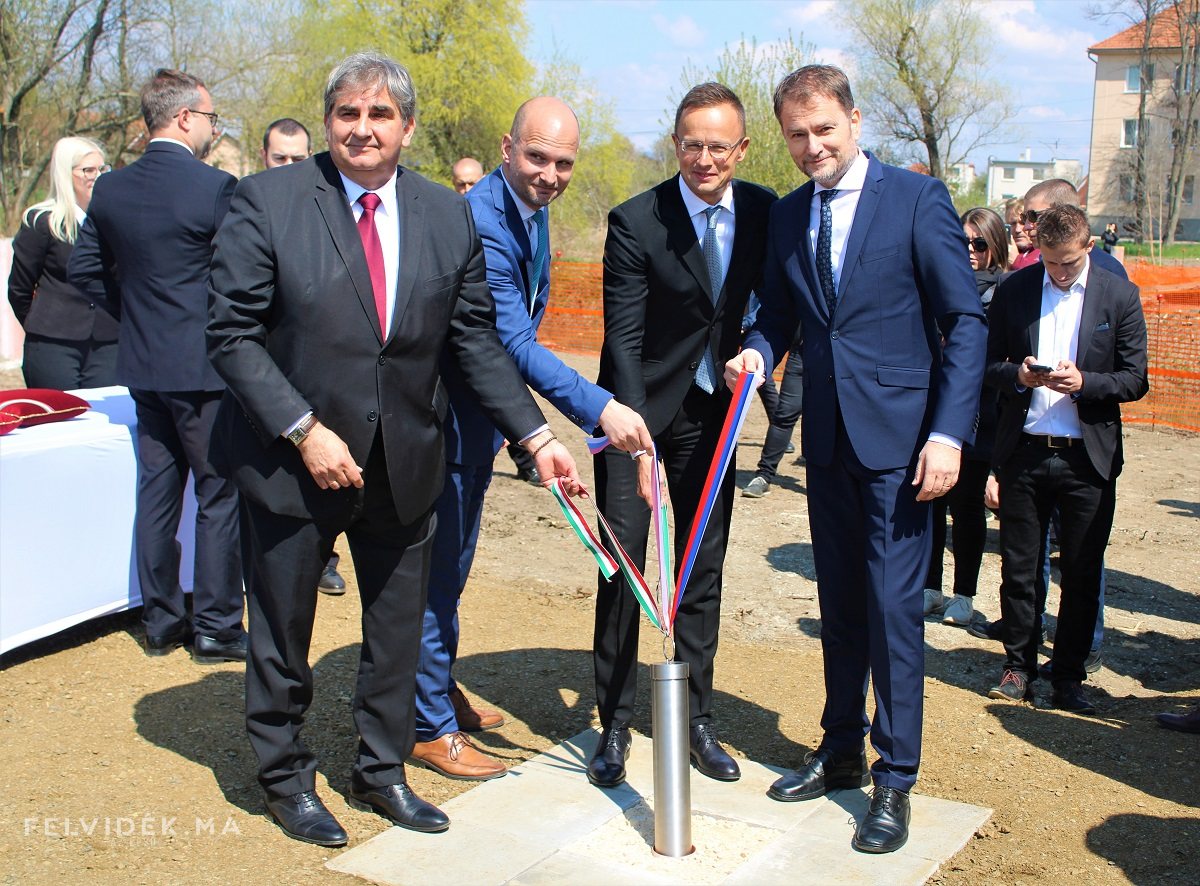
Source: aelvidek.ma
Hungary's Minister of Foreign Affairs and Trade commented on the election that took place just two weeks ago, which he called historic. "The cornerstone of the sovereign Hungarian foreign policy is the building of relations with neighboring countries, because everyone benefits from this. In the past 12 years, we have worked on joint success stories and connections," stated Péter Szijjártó . As he added: the denser and more places we are connected, the better we know each other, and the less reason we have for arguments.
Over the past decade, several successful connections have been established between Hungary and Slovakia. While in 2010 there were only 23 crossings between the two countries, today the possibility of crossing has increased to 35. By the end of next year, their number will increase with six new connections. These make the life of local communities easier, they prevent unworthy situations and harmful effects - indicated the Minister of Foreign Affairs and Trade.
"Success stories require committed people on both sides of the border, who want joint success and improve relations based on mutual respect," Szijjártó believed. The bridges under construction also symbolize the good Hungarian-Slovak relations, he indicated.
"This bridge serves to make the lives of the people here easier, help them to organize their everyday life more efficiently. This bridge should make Hungarian-Slovak relations even closer," summed up the Minister of Foreign Affairs and Trade.
Igor Matovič , Minister of Finance and Deputy Prime Minister explained: war is raging a few hundred kilometers from us, while we live in peace and are happy to build bridges. "Our nations have lived peacefully for more than a thousand years, I hope that the bridge built here will also serve the people here without problems for a long time, strengthening our mutual relations," said Matovič.
After the short ceremonial speeches, Péter Szijjártó, Mihály Balla, Igor Matovič and Lajos Grendel placed period documents in the time capsule, which was placed at the foot of the future bridge together with the foundation stone.
Source, full article and featured image: velvidek.ma

